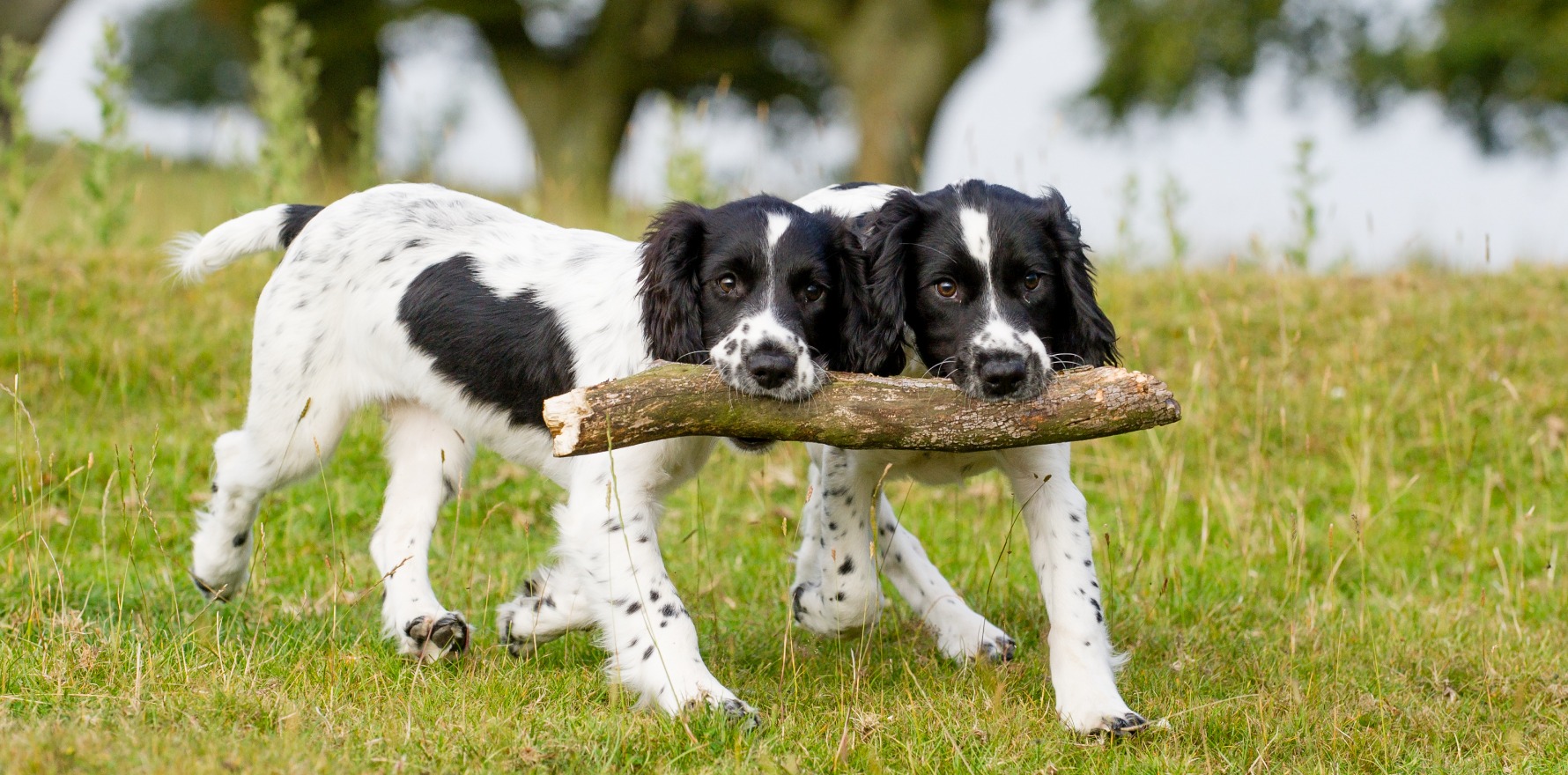Meanwhile, three pharmacos hope their RSV vaccines get a TGA green light by winter.
Vaccinating against RSV and influenza at the same time is safe and as effective as giving the vaccines separately, research suggests.
The promising data comes as three pharmaceutical companies seek TGA approval for their RSV vaccines by next year’s Australian winter.
The Pfizer-funded research included 1400 healthy Australians aged 65 and over, who took part during the RSV and influenza season in 2022.
Half the participants were vaccinated with Pfizer’s RSV prefusion F protein-based vaccine (RSVpreF) at the same time as the seasonal inactivated influenza vaccine (SIIV), while the others were given the two vaccines one month apart. The vaccine is approved in the US but is currently being evaluated by the TGA.
Blood samples were collected before vaccination and one month after each vaccination, and participants recorded any adverse events in an electronic diary or smartphone app.
“Robust immune responses were observed when RSVpreF was co-administered with SIIV or given alone,” the researchers said in Clinical Infectious Diseases.
“These results support co-administration of RSVpreF and SIIV as an appropriate option as evidenced by non-inferior immune responses and lack of clinically significant tolerability or safety issues.”
While the participants were older, the researchers said they expected the results would be similar in a broader population.
Infectious diseases paediatrician Professor Robert Booy, from the University of Sydney, said the study looked at vaccine effectiveness through antibody production, not disease prevention.
“Within the confines of that, it’s a promising result,” he said.
“It’s a rapidly changing field, so it’s important to keep up to date. We could have vaccines against RSV recommended for the very young and the old next year.”
The researchers said no serious vaccine-related adverse events were reported, and local reactions were mostly mild or moderate when the RSV vaccine was given alone or with the influenza vaccine.
“Systemic events reported after receiving RSVpreF plus SIIV concomitantly (44.7%) were slightly higher than for those receiving placebo and SIIV (41.4%), followed by RSVpreF alone (34.4%), and placebo alone (31.6%).
The most commonly reported systemic events were fatigue, and there were no reports of neuroinflammatory or demyelinating side effects, the researchers said.
The researchers said most participants had a history of medical conditions “expected in older adults”, such as respiratory and cardiac conditions.
Meanwhile, Pfizer, Moderna and GlaxoSmithKline are hoping their RSV vaccines will be approved by the TGA next year.
Moderna was “working with the TGA’s priority review process with the hope of having Moderna’s mRNA RSV vaccine available by next winter”, a spokesperson said.
A spokesperson for GSK said the company had applied for its RSV vaccine to be approved by the TGA for the prevention of lower respiratory tract disease caused by RSV in adults aged 60 years and over.
GSK “is working with the regulators to ensure the vaccine is available as soon as possible”, the spokesperson said.
A study in the NEJM this year showed that a single dose of GSK’s RSVPreF3 OA vaccine prevented RSV-related acute respiratory infection, lower respiratory tract disease and severe RSV-related lower respiratory tract disease in adults aged 60 and over.
Professor Booy said that as RSV was seasonal, case numbers were coming down in the warmer months.
“But because of the covid separation periods, we incurred an immune debt.
“A lot of young infants were not exposed.
“So instead of a one-year cohort of infants not having exposure, a three-year cohort of young infants hadn’t had exposure so we’ve had more disease, more cases, more transmission, and there will probably be increased numbers again next year come autumn and winter.”


